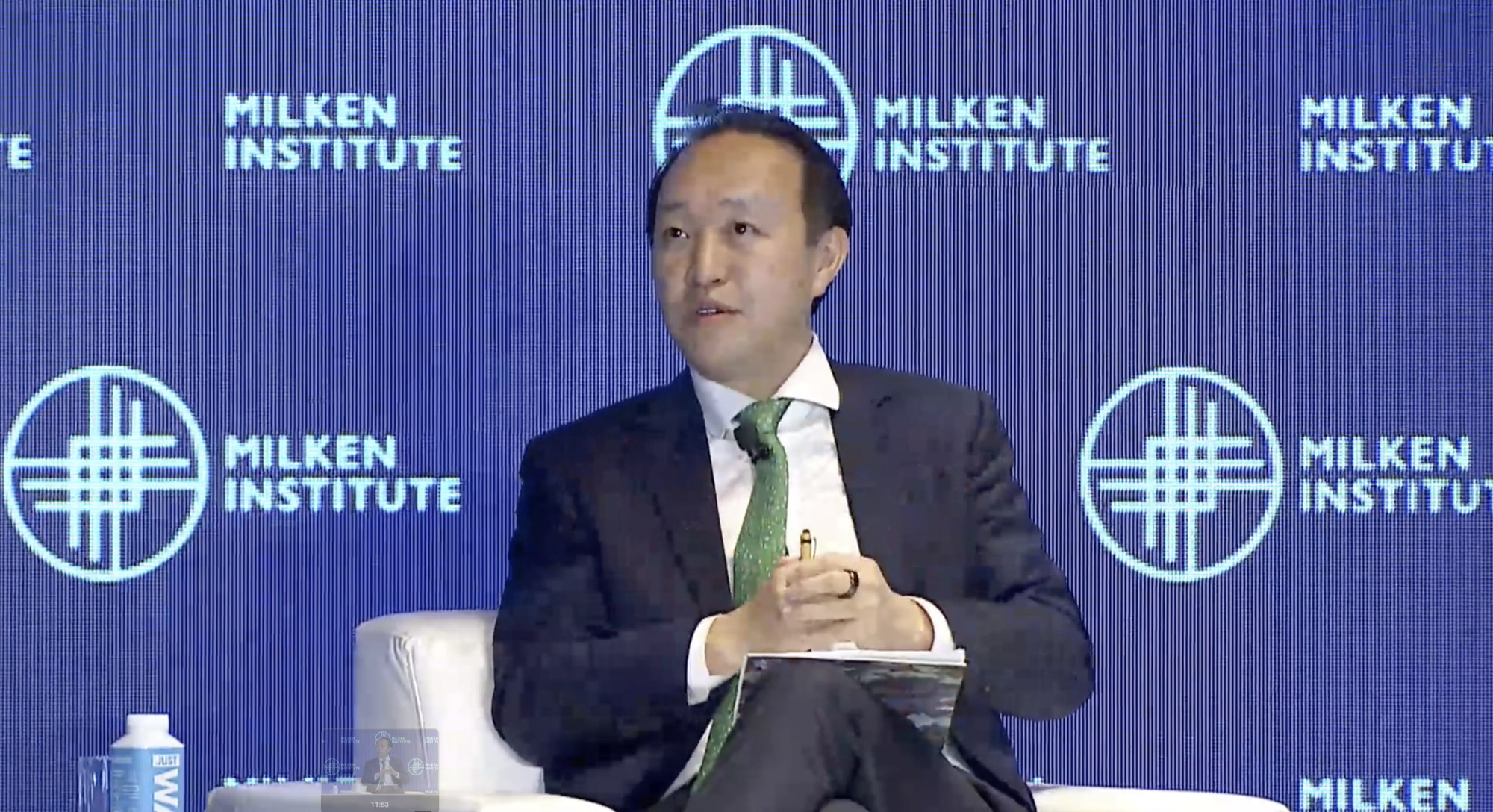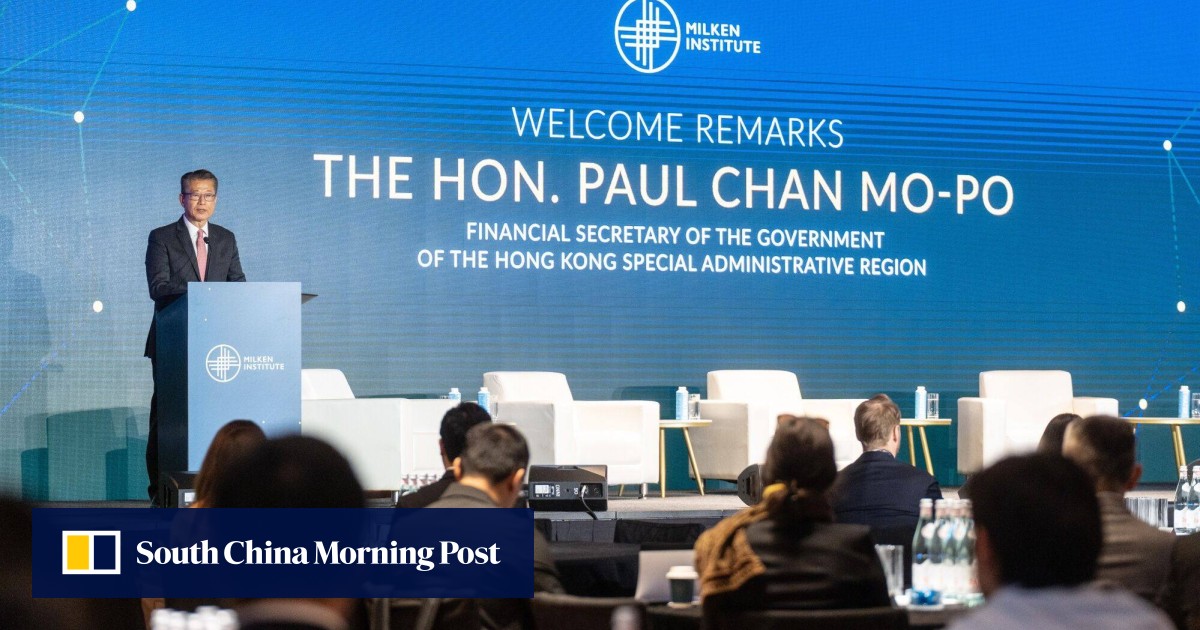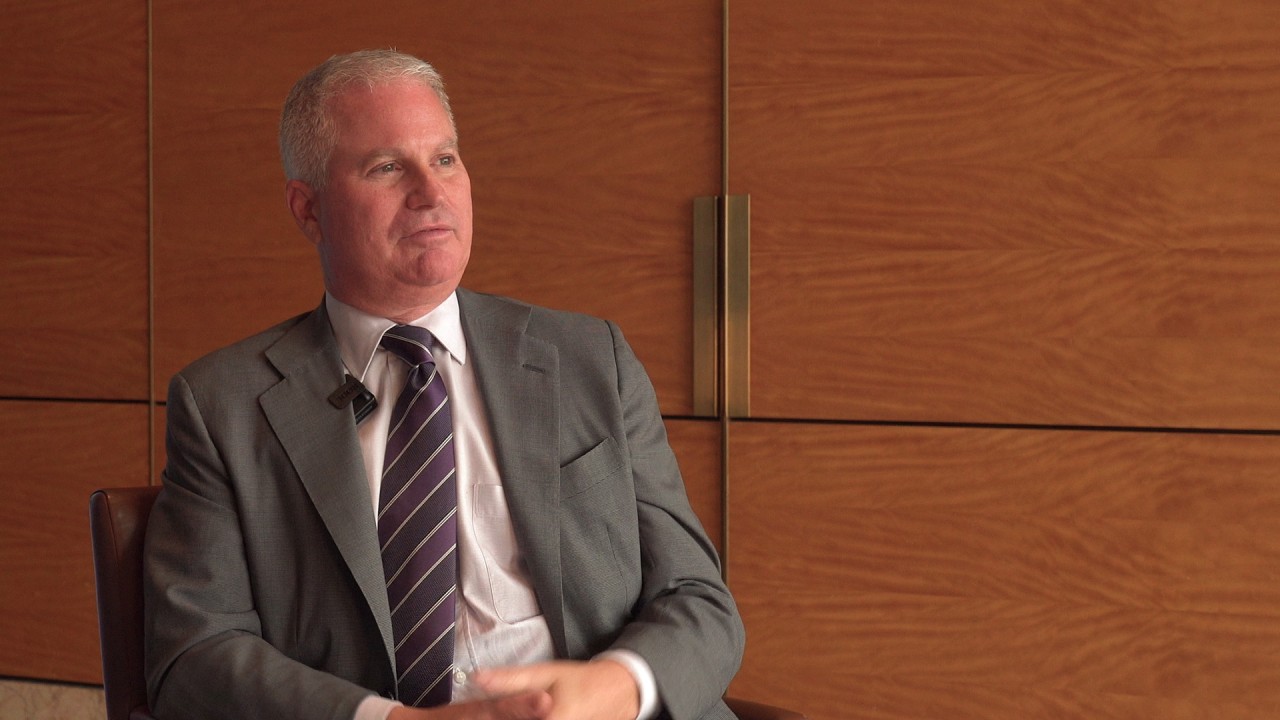Private equity giants operating in Asia are confident in their core business, but they are eyeing alternative assets such as private credit and infrastructure to generate better returns.
As total deal value and fundraising in the Asia-Pacific private equity market slumped to the lowest in a decade in 2023, Apollo Global Management, Partners Group and TPG Capital were being selective in their allocations, according to senior executives.
“This is a time where quality is probably going to trump quantity,” Ganen Sarvananthan, managing partner and head of Asia and the Middle East at TPG, said at the Milken Institute Global Investors’ Symposium in Hong Kong on Tuesday.
“I wouldn’t be betting against private equity. The industry will adjust itself to push and outperform returns to the baseline that’s now been reset.”

The private equity market worldwide plunged last year, including in Asia-Pacific, where deal value and fundraising dropped to US$147 billion and US$100 billion, respectively, according to a report by Bain & Co.
Slowing economic growth, high interest rates and volatile stock markets worried investors, dragging transactions to a halt. However, private equity players are still seeking buyout opportunities, which allow them to be more in control.
“We continue to believe in global buyouts,” said Kevin Lu, partner and chairman for Asia at Partners Group. “In the buyout space, you still have that active control ownership, which is always a premium compared to if you’re a passive, small owner of a public stock. There’s nothing you can do other than hoping the management will do the right thing.”

Lu said the “inefficiencies” from deglobalisation and geopolitical tensions allow sophisticated private equity players to extract returns from assets.
On China, which lost its ranking to Japan as Asia’s top private equity market last year, Lu said the Chinese government is on track to solve a confluence of problems.
“I think Beijing has the toolbox,” he said. “The fact that they have not rushed into providing stimulus or short-term fixes means they want to solve those problems in a more robust way.”
The Switzerland-based firm has been selective in China’s private equity market, investing about US$1.7 billion over the last decade, according to Lu.
Apart from their core business, private equity firms have been increasingly tapping into alternative asset classes such as private credit and infrastructure, with many betting on Asia for further growth.
“You now have investors looking for an alternative to the public markets,” said Matthew Michelini, partner and head of Asia-Pacific at Apollo. “They need something where they can still generate alpha.”
While the private credit market globally has reached US$1.5 trillion, the market in Asia-Pacific has grown 3.5 times bigger in the last decade and is expected to top US$100 billion by 2027, according to data provider Preqin.
Michelini downplayed the notion that private credits are riskier, noting the asset class has the potential to cater to investors with a range of risk appetites.
“We offer investors a menu of alternatives so that they can dial up and down the risk [scale],” he said.


